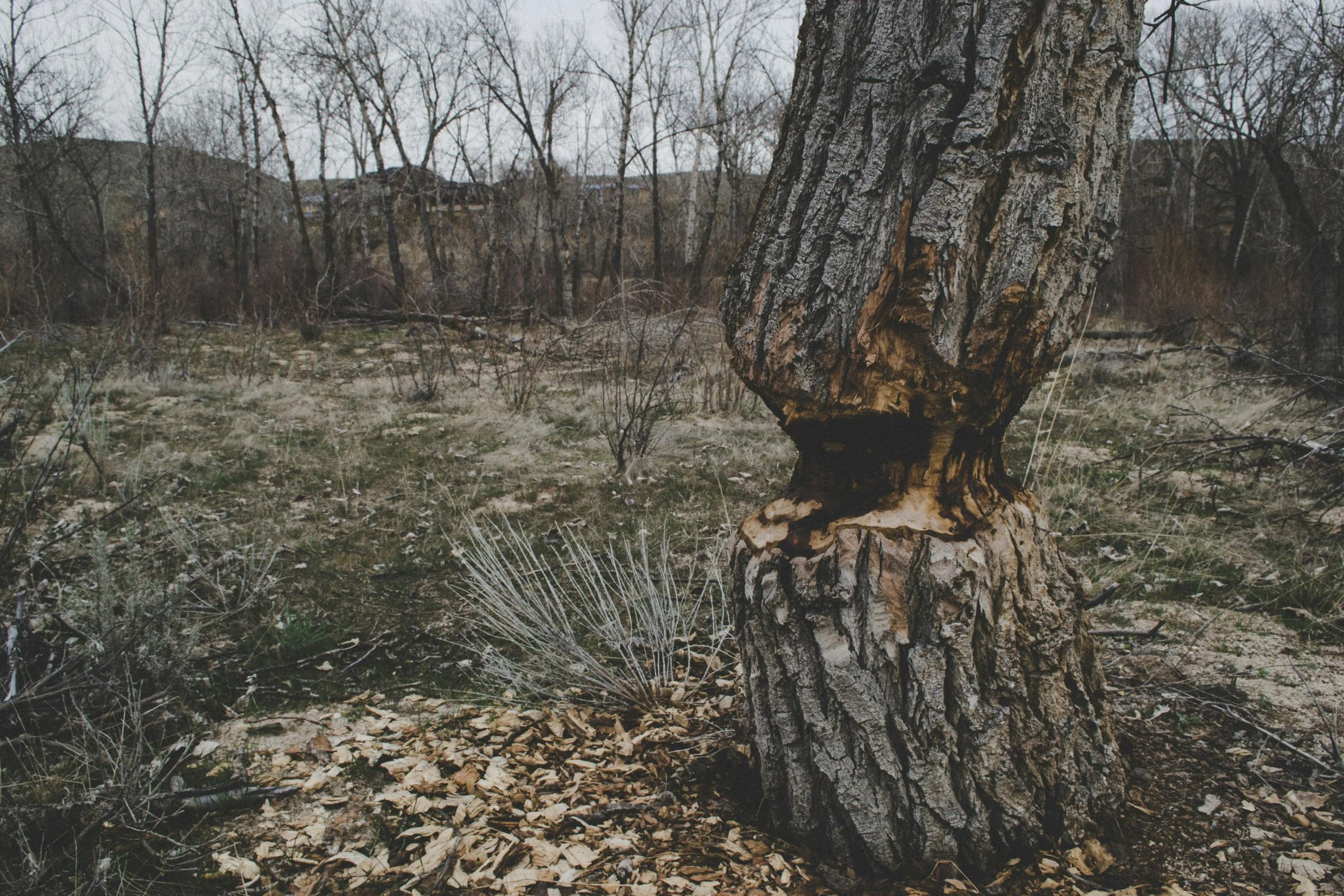Dealing With Winter Storm Damage: What Homeowners Should Know
Winter in the UK brings high winds, heavy rain, snow, and ice, all of which can weaken or damage trees around your property. As a homeowner, knowing what to look for and when to call a professional tree surgeon is essential for keeping your home and garden safe.
This guide explains how to assess storm-damaged trees, the risks of leaving damage untreated, and what steps to take immediately after a winter storm.
Why Winter Storm Damage Is So Dangerous
UK winter storms can cause subtle or severe damage to trees. Some damage is obvious, like snapped branches, but other issues can develop slowly and become hazardous weeks later.
Common Types of Winter Tree Damage
Split or cracked branches
Uprooted or leaning trees
Branches broken by snow and ice weight
Hidden trunk fractures
Damaged root systems caused by waterlogged soil
Signs Your Tree May Be Unsafe After a Storm
After a storm, carry out a visual inspection from a safe distance. If you notice any of the following, the tree may need urgent attention:
Key Warning Signs
Large branches hanging loosely
The tree suddenly leaning to one side
Cracks in the trunk or major limbs
Soil lifting around the base
Exposed or damaged roots
Bark tearing or large wounds
If anything looks unstable, avoid standing beneath the tree and contact a professional immediately.
What To Do Immediately After a Winter Storm
1. Stay Safe and Keep Distance
Never attempt to climb or cut a damaged tree yourself. High-tension branches can spring back and cause injury.
2. Photograph the Damage
Useful for insurance claims and explaining the issue to a tree surgeon.
3. Check for Obstructions or Hazards
Look for branches blocking footpaths, driveways, or leaning toward buildings, vehicles, or power lines.
4. Call a Qualified Tree Surgeon
A certified arborist can evaluate the structural safety of the tree and recommend pruning, cabling, crown reduction, or safe removal.
Why Winter Is the Best Time for Tree Repairs
Winter is actually one of the safest seasons to work on trees:
Trees are dormant, reducing stress and disease risk
There’s better visibility without leaves
Completing work now prevents bigger issues in spring
Hiring a tree surgeon during winter can also be more cost-effective, as schedules are often more flexible.
Preventing Future Winter Storm Damage
Regular Tree Maintenance
Annual health checks help identify weak limbs, decay, and structural issues before storms hit.
Crown Reduction & Pruning
Removing excess weight from the canopy reduces the chance of branches snapping in high winds.
Removing Dangerous or Dying Trees
If a tree is already compromised, storms accelerate its decline. Pre-emptive removal prevents costly emergency callouts.
When to Call Gus Bishop Tree Services
If you’ve experienced storm damage or suspect a tree may be unsafe, don’t wait. Gus Bishop Tree Services provides:
Emergency storm damage call-outs
Professional winter pruning
Tree inspections and safety reports
Crown reduction and maintenance
Serving homeowners across the UK, we ensure your property remains safe throughout winter and beyond.
Need urgent help with a storm-damaged tree?
Contact Gus Bishop Tree Services today for a fast, professional assessment and safe winter tree care.

